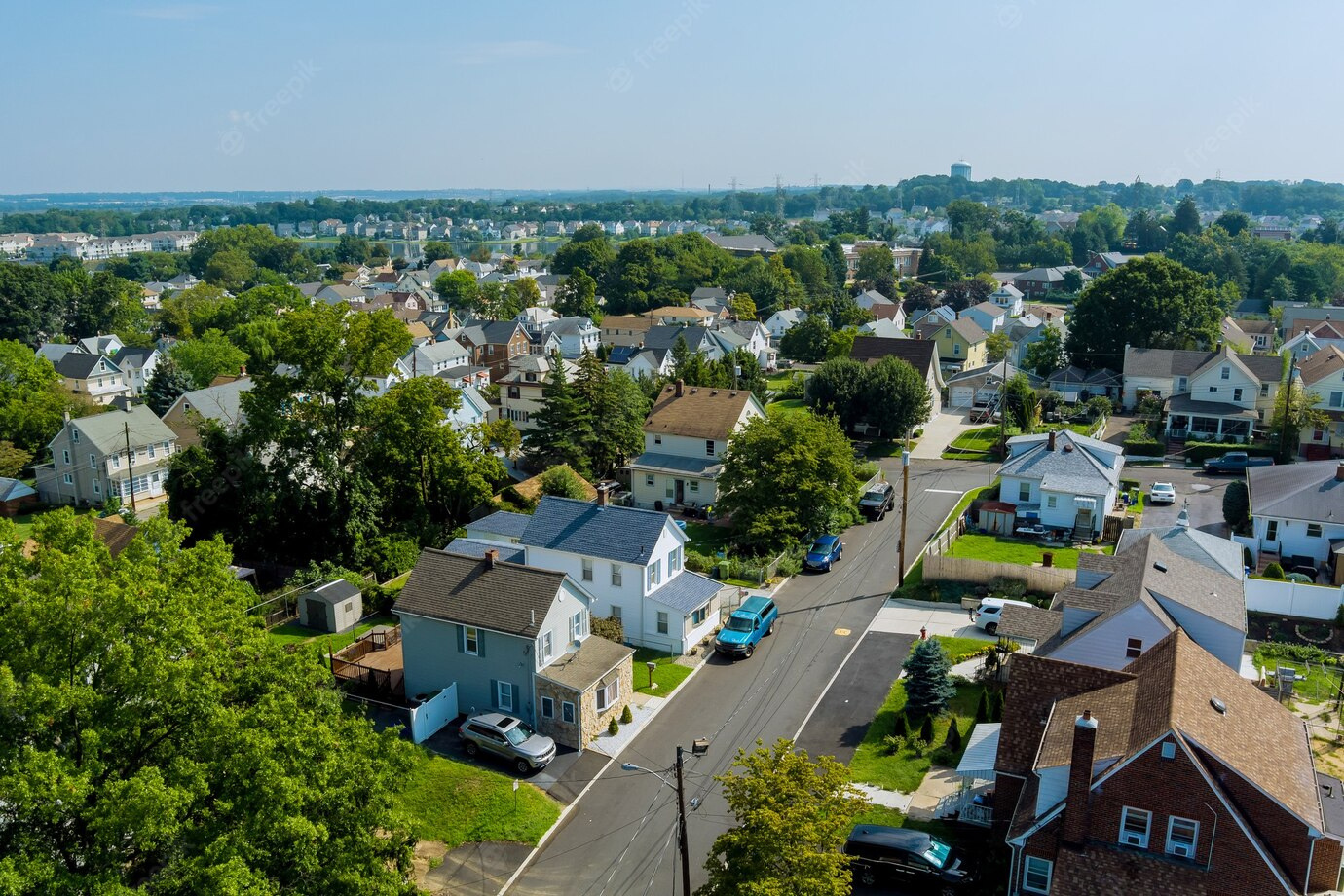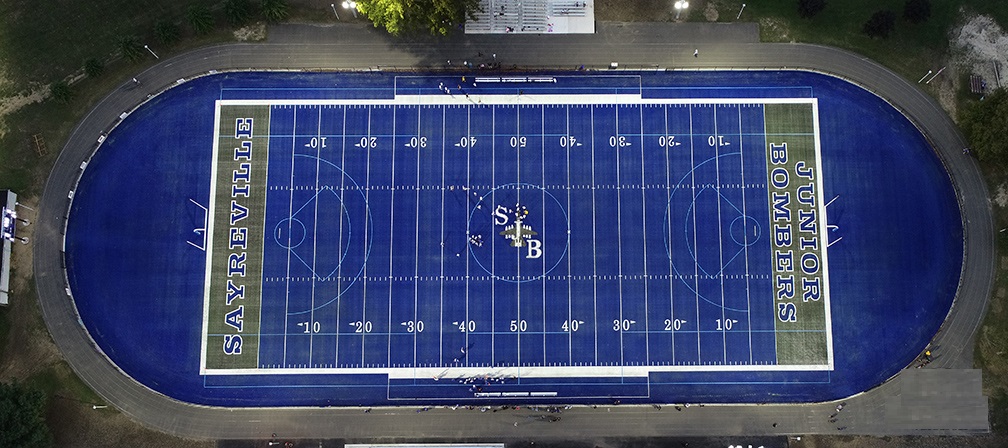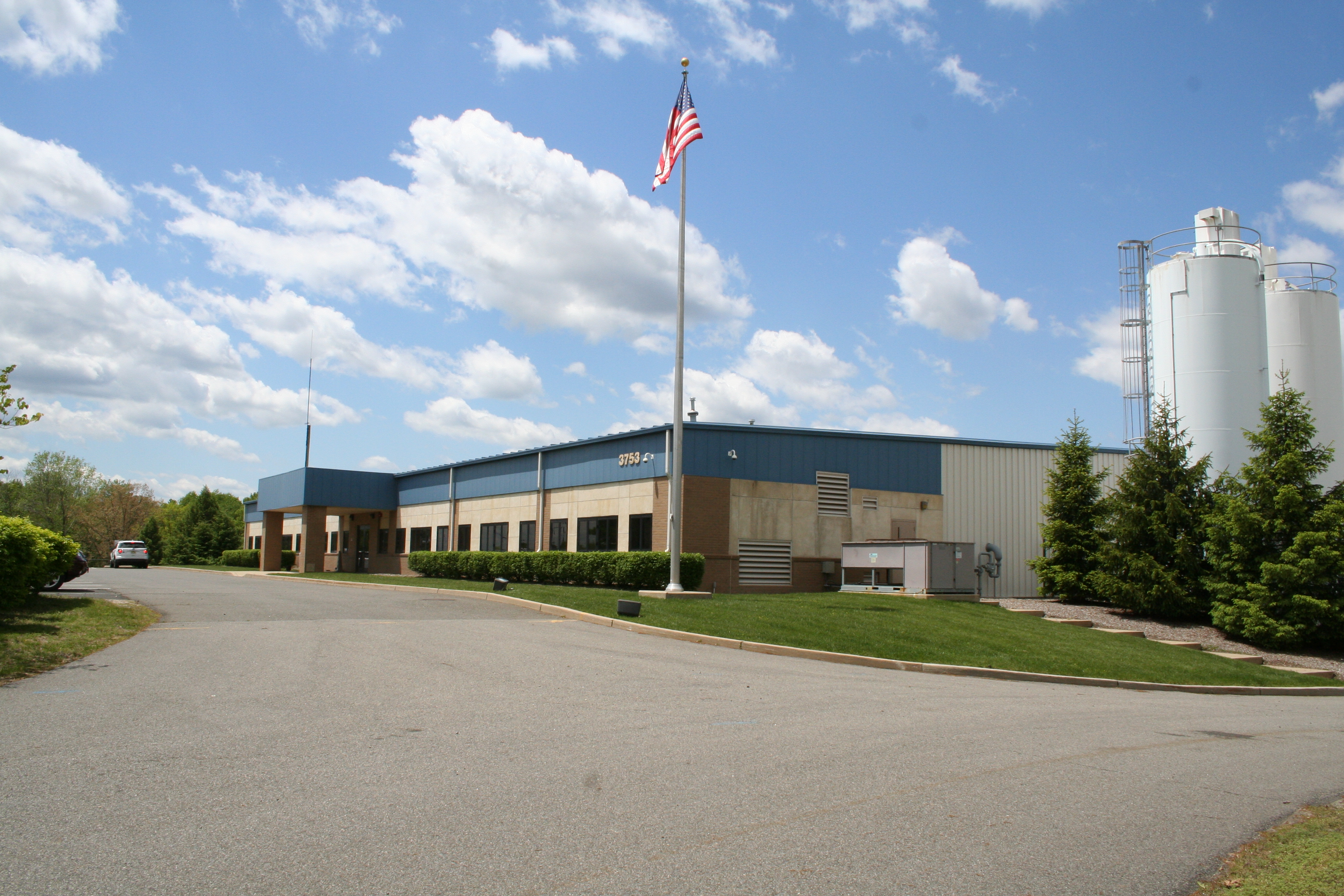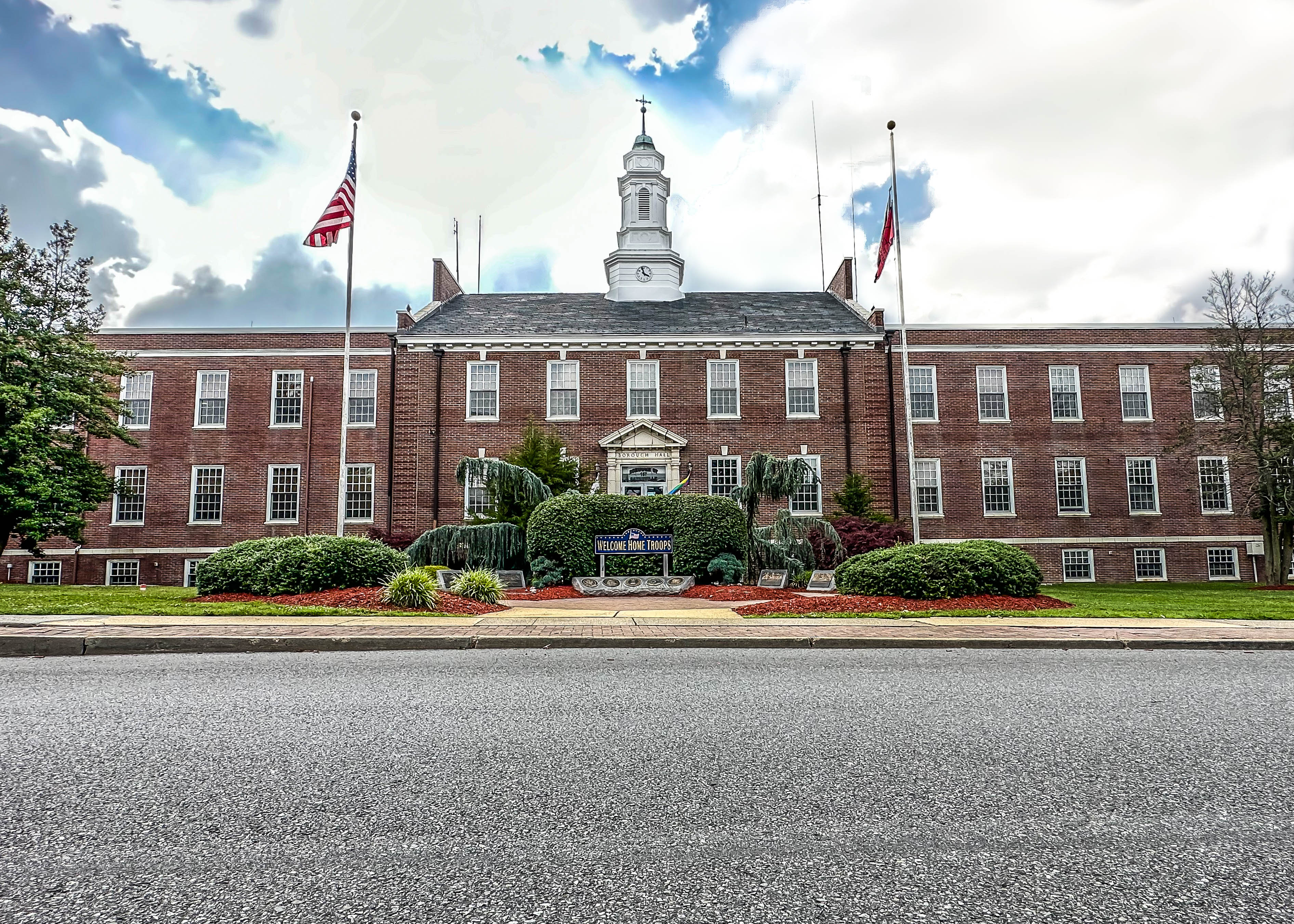Tax Assessor
The Sayreville Tax Assessor's Office is located on the second floor of the Borough Hall building at 167 Main Street.
Contact Information
The Tax Assessor's Office provides the information necessary to insure an accurate valuation of properties and equitable distribution of the real estate tax levy.
The evaluation and assessment techniques are a continuous process that record all the changes in the status of a property. Values for all property and improvements are established from this record with taxes levied proportionally amongst all property owners.
Operations of the Tax Assessor:
- Discovery and location of all property within the municipality
- Listing of all properties
- Determination of taxability of all property (taxable vs. exempt)
- Valuation of all property
- Maintenance of the sales equalization ratio program
- Maintenance of deduction and exemption programs
- Defense of appeals (at all levels)
- Supervision and maintenance of reassessment and/or revaluation programs
- Cooperation with other officials and the public
New Jersey's real property tax is an "ad valorem tax," or a tax according to value. All real property is assessed according to the same standard of value except for qualified agricultural or horticultural land. The standard measure of property value is "true value" or market value, that is, what a willing, knowledgeable buyer would pay a willing, knowledgeable seller on the open market at a bona fide sale as of the statutory October 1 pretax year assessment date. The value of qualified farmland is based upon its productive capabilities when devoted to agricultural or horticultural uses.
The basic authority for the assessment of real property is derived from Article VIII, Section 1, paragraph 1 of the New Jersey Constitution. Implementing legislation is found in New Jersey Statutes Annotated Title N.J.S.A. 54:4-1 et seq.
New Jersey's equalization program is designed to ensure that each taxing district, as a whole, is treated equitably. Equalized valuations are used to apportion among taxing districts within a county the costs of county government; as a component of the formula used for the distribution of school aid; and for the distribution of costs of school districts covering more than one municipality. The principal part of the work of equalization lies in determining the aggregate true value of all real estate in each of the state's 566 taxing districts. This figure is established by a program of assessment- sales ratio analysis. Procedures of sales data collection and analysis have been developed by the Property Administration Branch of the Division of Taxation but the success of the process requires the cooperation of every county board of taxation and every local tax assessor.
Property tax payments are due annually in four installments, February 1, May 1, August 1 and November 1.
Middlesex County Board of Taxation can be reached at the following:
Middlesex County Board of Taxation
County Administration Building
75 Bayard Street, 4th Floor
New Brunswick, NJ 08901























